As The Gay Clubbing Dies Events Such As 'Homobloc' Alt Queer Night Takes Its Place
For a long time, in London and elsewhere, the narrative around queer nightlife has been one of decline. This perception, sadly, is backed up by fact London has lost 58% of its LGBT+ venues in the last few years, while elsewhere in the UK, Manchester’s gay village has suffered a string of closures, with many of the remaining venues under threat. The closures of LGBT+ venues aren’t really all that different to those of any other kind of nightlife spot: profitable places are shut down because they create even more profit as housing -- a situation helped not by draconian council measures and the laughably ineffectual “Night Czar” Amy Lamé. The issue is not about consumer preference, or at least not entirely.
|
By James Greig
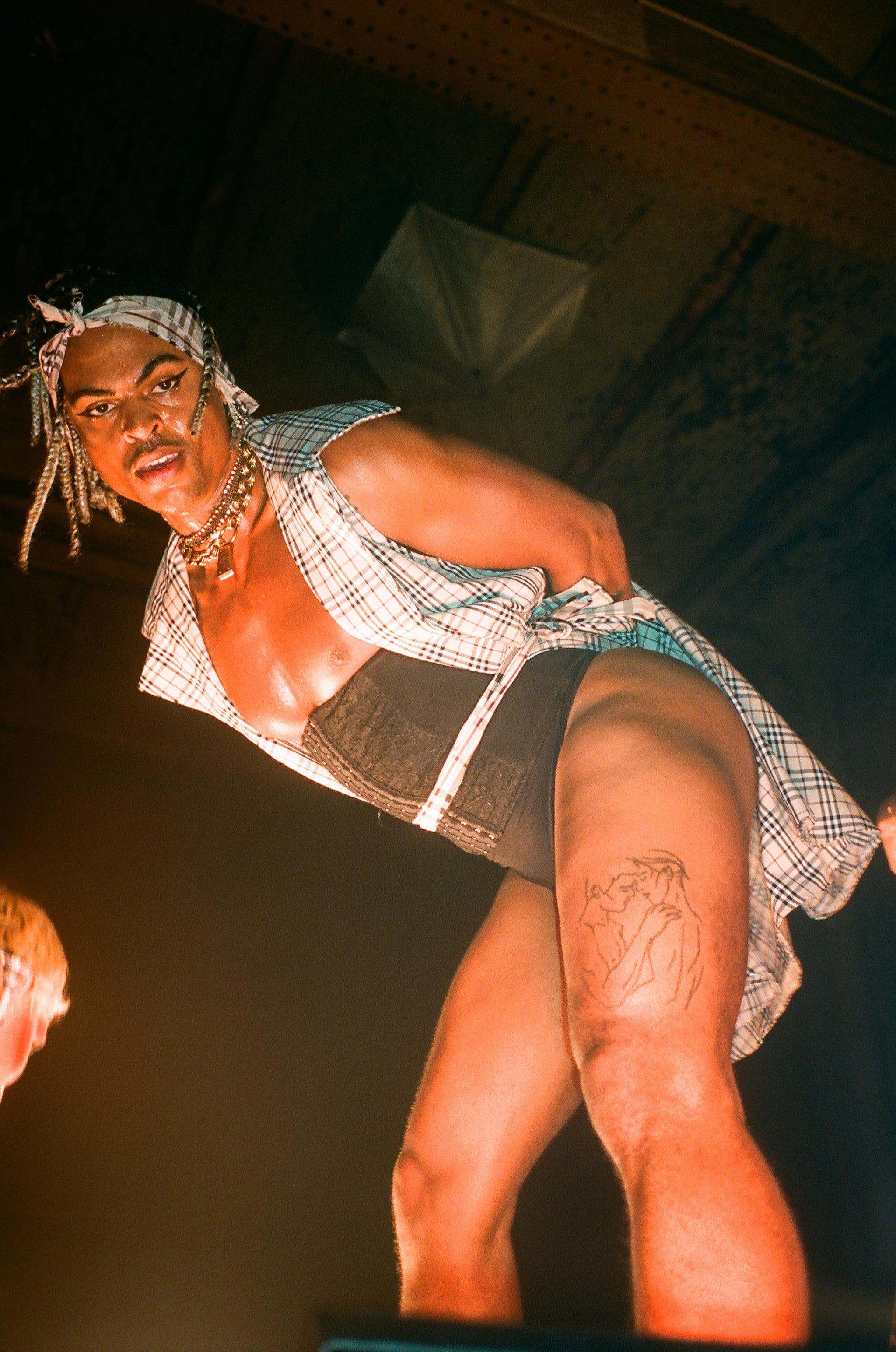 But despite the difficulties facing queer nightlife, the narrative of decline isn’t the whole story. In fact, we’re living through a renaissance of alternative queer club nights, which are often miles ahead of their straight equivalents in terms of both the buzz around them and the caliber of music. In London, Chapter 10, a queer techno night in Hackney Wick, regularly draws in big names in dance music, while more pop-focused nights like Sugar Rush and Knickerbocker pride themselves on their inclusivity and friendliness. It’s all a world away from the femme-phobic, body-fascism of old-school nights like XXL -- although, it has to be said, both Chapter 10 and Adonis have more than their fair share of sweaty topless men with intimidatingly sharp abs. The rise of the alt queer night isn’t limited to London, either: take Glasgow’s excellent Oh141, for instance, a night which provides a space for both the queer community and people of color.
But despite the difficulties facing queer nightlife, the narrative of decline isn’t the whole story. In fact, we’re living through a renaissance of alternative queer club nights, which are often miles ahead of their straight equivalents in terms of both the buzz around them and the caliber of music. In London, Chapter 10, a queer techno night in Hackney Wick, regularly draws in big names in dance music, while more pop-focused nights like Sugar Rush and Knickerbocker pride themselves on their inclusivity and friendliness. It’s all a world away from the femme-phobic, body-fascism of old-school nights like XXL -- although, it has to be said, both Chapter 10 and Adonis have more than their fair share of sweaty topless men with intimidatingly sharp abs. The rise of the alt queer night isn’t limited to London, either: take Glasgow’s excellent Oh141, for instance, a night which provides a space for both the queer community and people of color.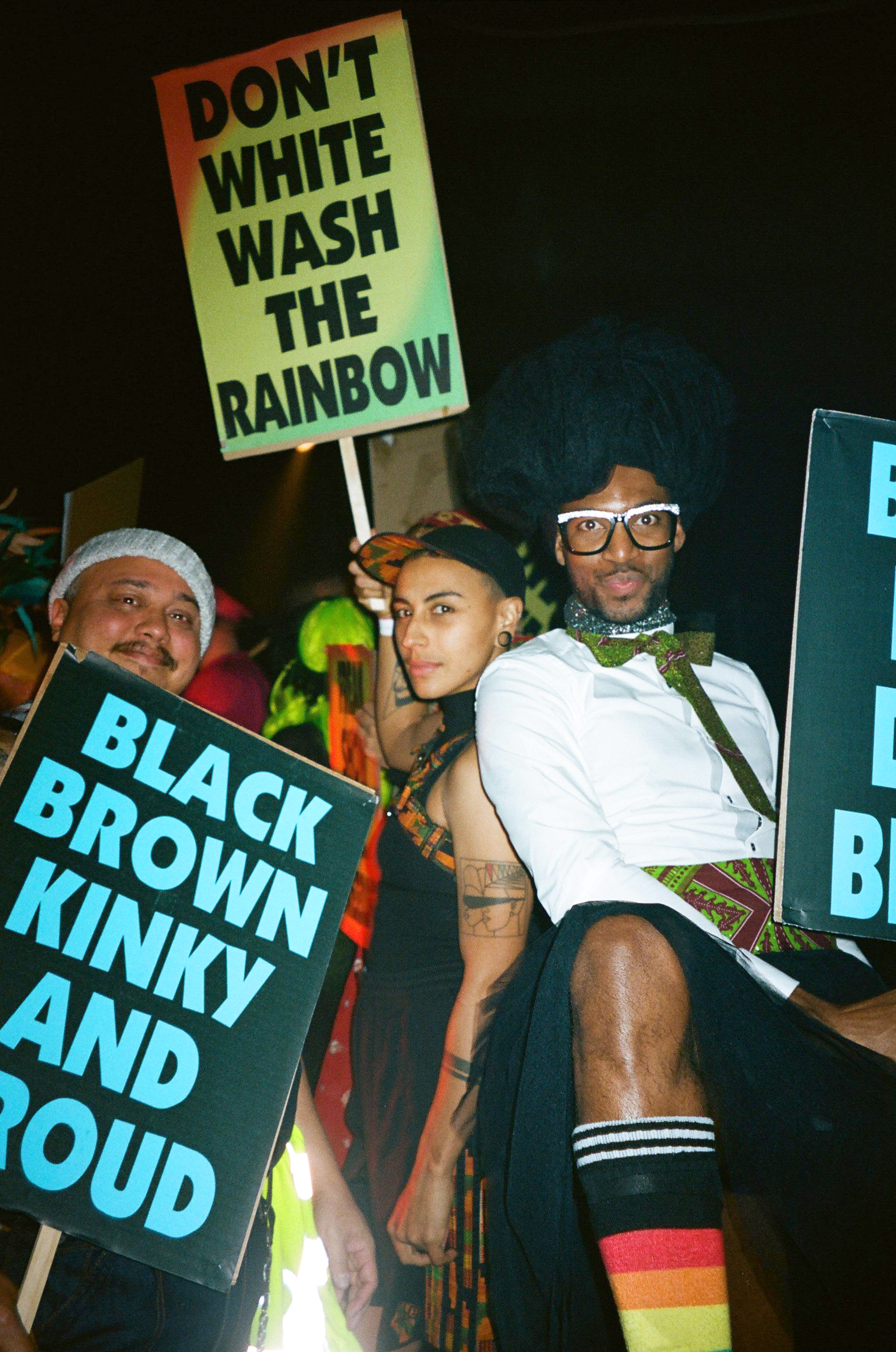
Manchester, too, has seen a similar resurgence (a scene which has recently been documented by Boiler Room) with Kiss Me Again, High Hoops and Homoelectric leading the way. “Over the five years we have been running our night, we have seen a huge change in Manchester’s queer landscape,” Marcos Navarro and Robbie Bloomer, founders of High Hoops, say. “It’s not just an influx in the number of queer parties, but also many venues, who previously didn’t have much of a connection to the queer scene, have started opening their doors to parties like ours. The queer scene has bloomed in all corners of the city, not just Canal Street, which is incredible to see.” With one of the strongest line-ups of any dance festival I’ve ever seen, Homobloc (a day-long event in its first year, organized by the team behind Homoelectric and part of Warehouse Project) represents the apotheosis of the alternative queer night trend. It also marks a crossover point, as the extent to which an event attended by 10,000 people can still be described as ‘alternative’ is debatable.
When I attended Homobloc last weekend, one of the main things I took away was: Manchester is fucking great. It was refreshing to visit somewhere in the UK that doesn’t feel at all secondary to London; Manchester is very much its own center of gravity. Along with Glasgow, it’s the only other city in the UK with the atmosphere of a proper metropolis (apologies to Birmingham): the architecture is imposing, the streets seem to stretch for miles, there are alleyways filled with neon signs that look like the setting for noir cinema. It’s good to remember that queer metropolitan life in the UK doesn’t begin and end in London, that there are opportunities for glamour, hedonism, and culture elsewhere -- although perhaps even considering that something is "worth remembering" is embarrassingly London-centric.
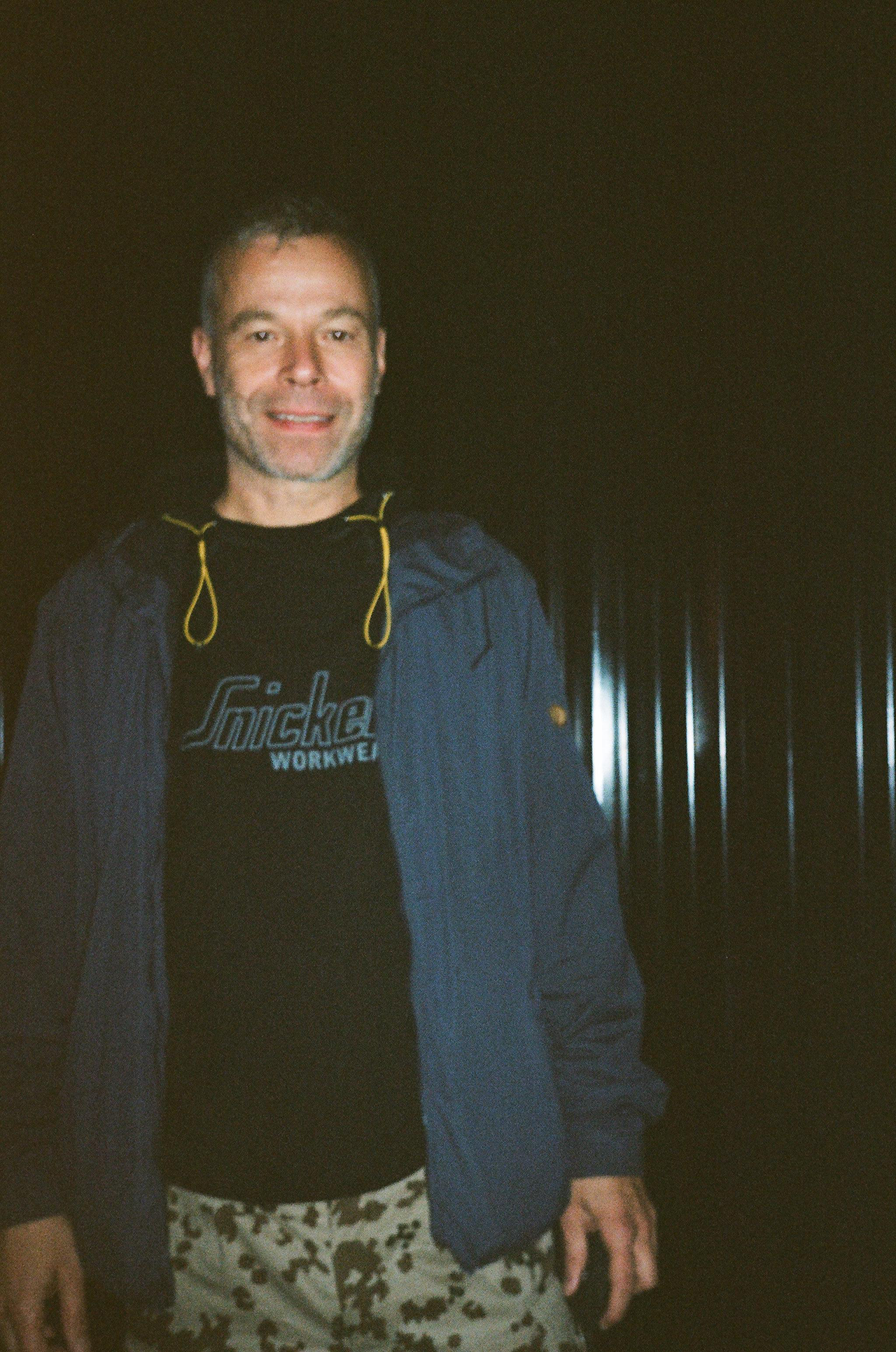
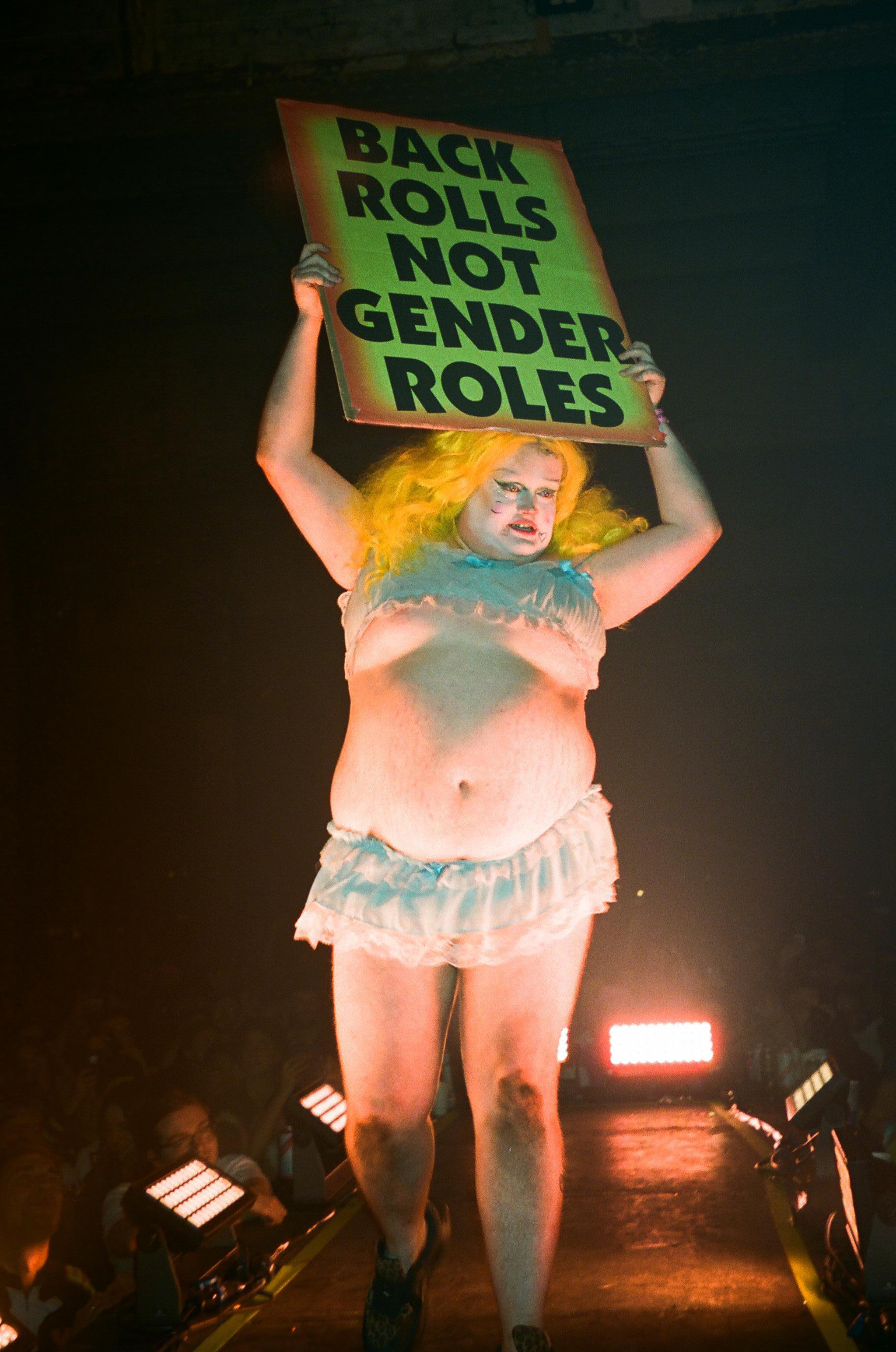
Homobloc itself was a lot of fun. The ethos of Homoelectric has always been one of inclusivity, and things like this have a habit of becoming self-fulfilling -- the atmosphere throughout the event was extremely friendly. It wouldn’t be surprising if it had proved impossible to scale-up the atmosphere of a club night like Homoelectric to festival-size, but it seemed as though Homobloc achieved this -- which is particularly impressive considering it took place in an industrial depot, on a muddy, wet night in November that did little to dispel the cliche of perpetual Mancunian rain. It’s hard to imagine a less Balearic vibe, but it didn’t suffer for it -- although the same can’t be said for the white trainers I’d stupidly chosen to wear.
Luke Unabomber, the founder of Homoelectric, has been involved in queer clubbing for decades and agrees that the moment we’re living through is particularly exciting. “In the last five years, something has happened. There’s more of a sense of togetherness than there’s ever been,” he says. “There’s been a natural reaction, not just in Manchester, but everywhere, against the toxicity of a world that’s becoming quite hateful -- in terms of what’s happening politically. Over the last five years, we’ve seen the rise of nights which have real love, warmth, and inclusivity. There’s been a return to the old acid house spirit, but this time there’s an energy and depth to it which dwarfs even the late 1980s.” Having grown up in the shadow of ‘second summer of love’ romanticism, it’s exciting to hear, from someone who was there the first time around, that the quality of queer clubbing on offer today is as good as it's ever been.
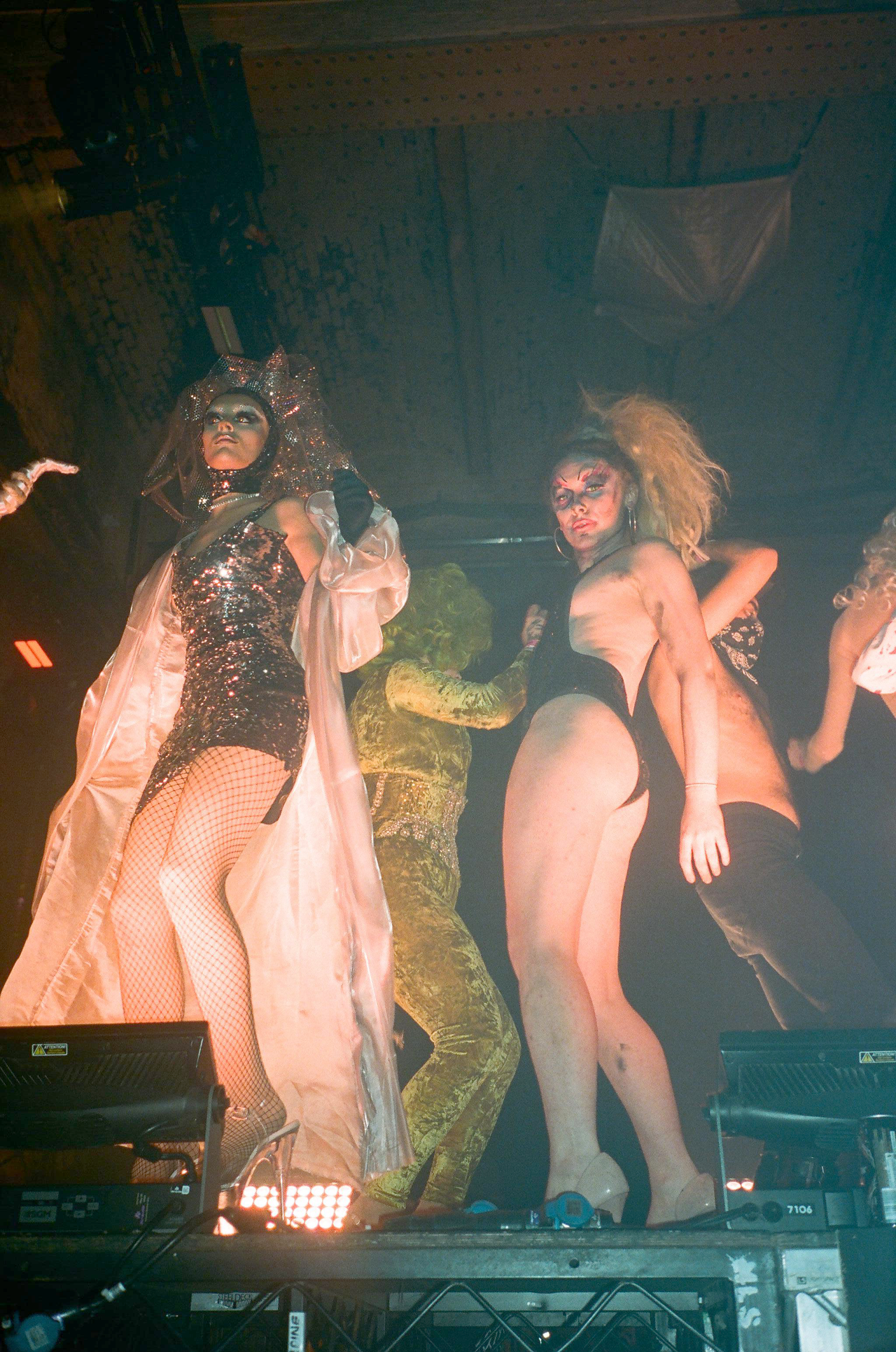
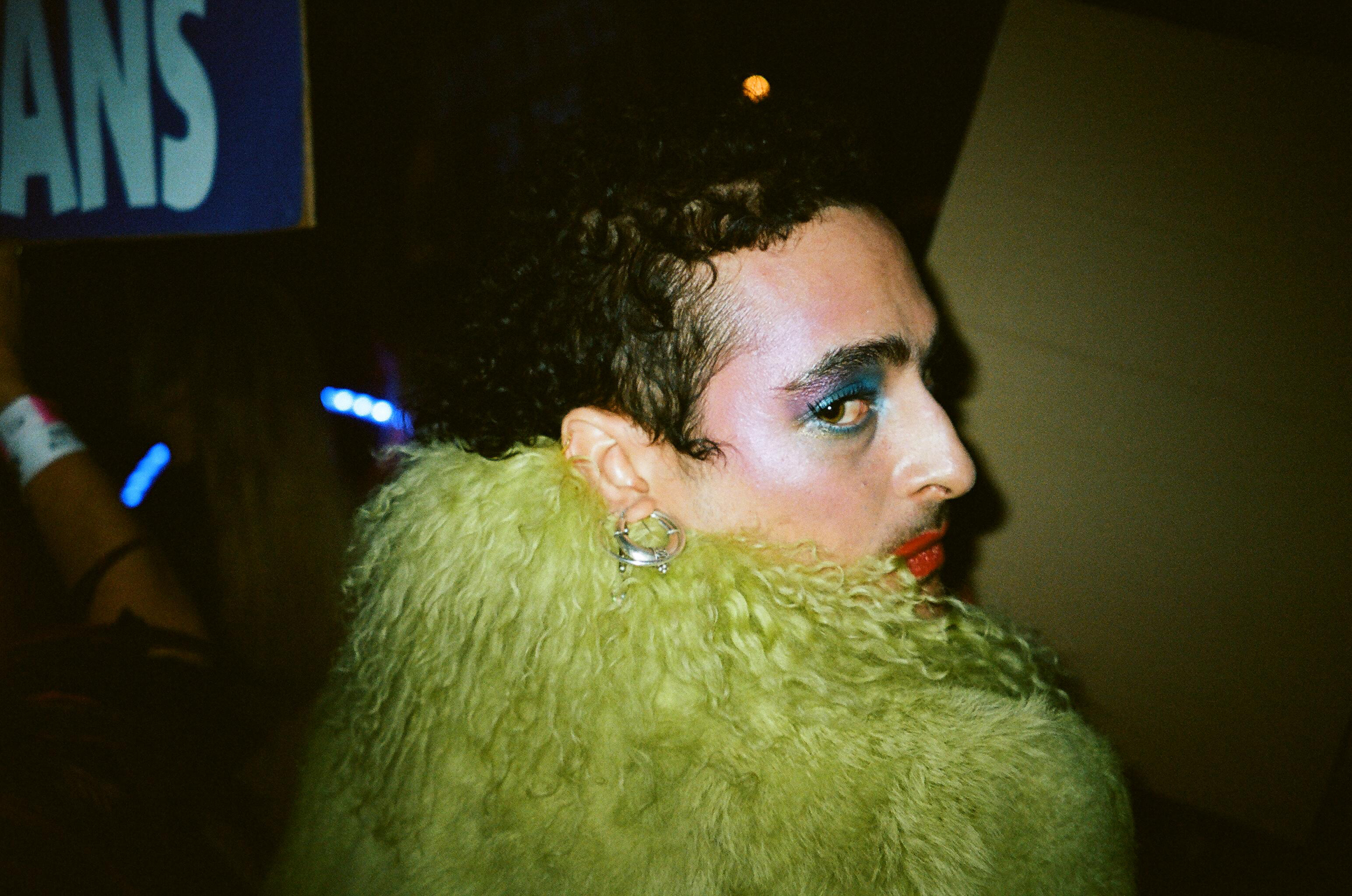
For Luke, the key to the success of the present scene is, above all, its inclusivity. As well as being welcoming on the grounds of race, gender, and body type, it’s also about avoiding being snobbish and po-faced. “You don’t just have to play 130 bpm tech-house to people in black T-shirts for 12 hours, in rooms where no-one is smiling,” he says. “You can be passionate without being overly serious.”
It might sound like a stupid question but, with the high caliber of DJs now playing them, could queer nights be in danger of being too good? If, in the past, we’ve had to worry about our spaces being invaded by hen nights looking to dance to Glee mega-mixes, should we now be worried about straight hyper-beasts with Mixmag subscriptions? For Luke, this isn’t an issue: “The best clubs in the world have always been queer parties for all -- but that includes straight people who enjoy the environment.”
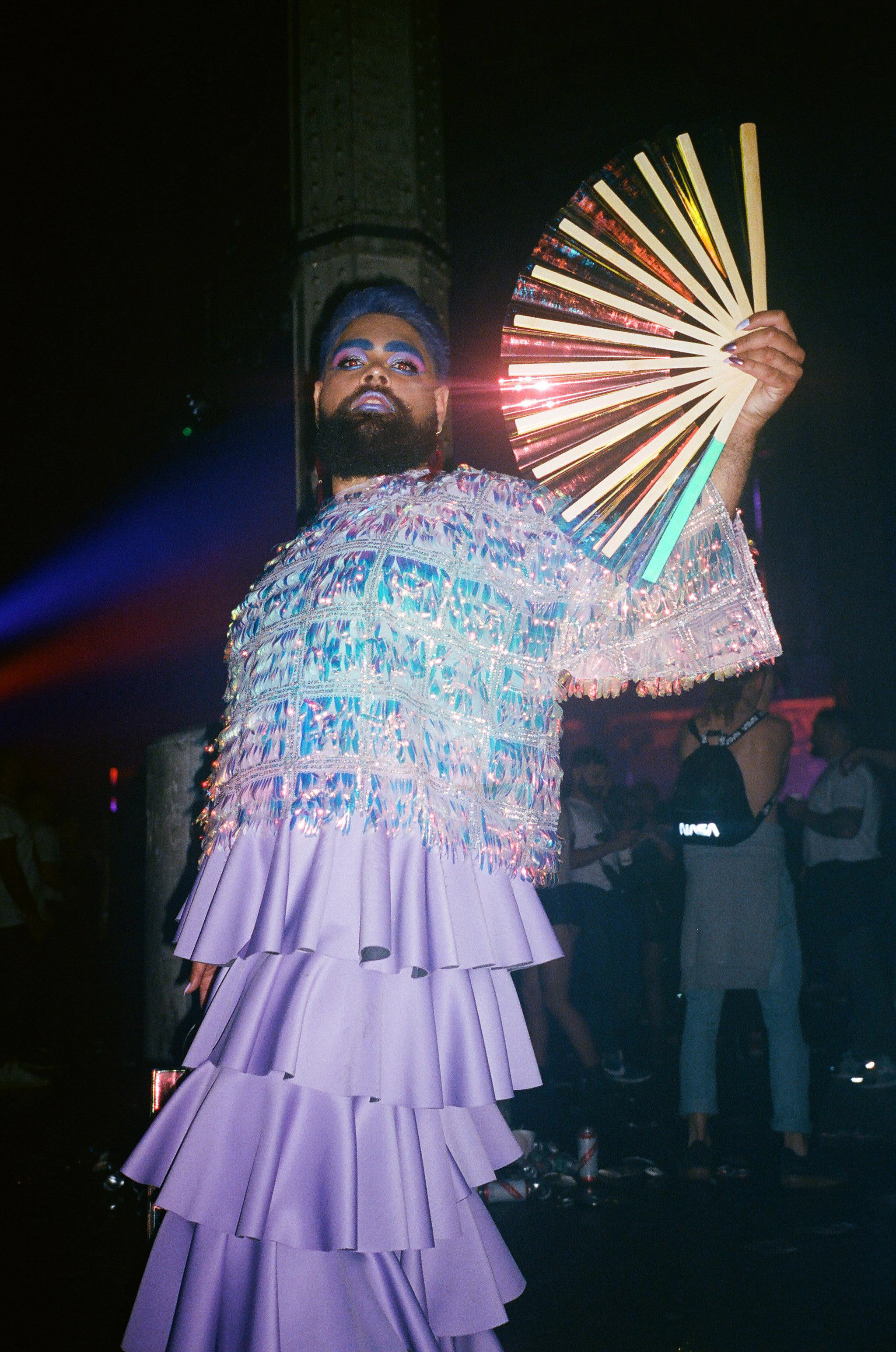
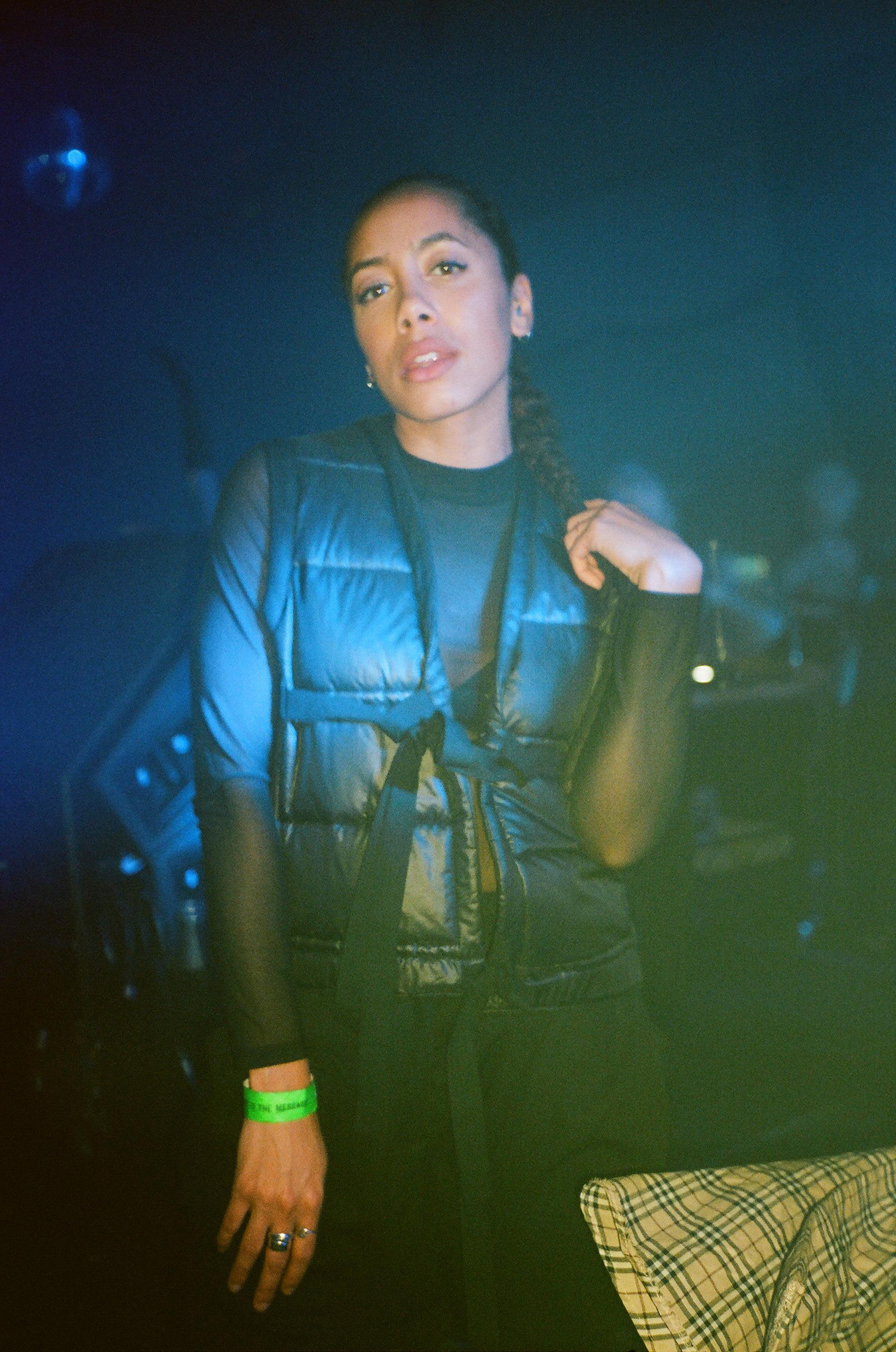
When I speak to the DJ and Kiss Me Again founder Antoin Lindsay, he concedes this might be a problem. “There is definitely the possibility of loads of straight blokes starting to turn up to queer parties. At Kiss Me Again, on nights where we’ve suspected that the DJ we’ve booked would likely attract a straighter crowd than usual, we’ve kept the headliner secret and found that to be effective. I know Chapter 10 does this for all their parties. This approach at least weeds out the people who would come for the specific DJ, stand about looking at the booth, then leave without really engaging with anyone else there.”
Ultimately, the more interesting question than ‘Why has queer nightlife died’ is ‘Why has it endured?’, despite all the factors lining up against it. Perhaps it’s simply because being off your tits at a club listening to good dance music is about as far away as it’s possible to get from the misery of everyday life. In that moment, it’s easy to forget that your existence isn’t always this blissful, that it’s mostly comprised of getting rained on while you wait for the bus, having a sore throat, or submitting, daily, to the mundane tyranny of your employers. It’s impossible to write about the appeal of clubbing without slipping into cliches about transcendence but it can be genuinely ecstatic -- whether you’re on ecstasy or not. None of this is particularly queer -- if you asked a straight lad dancing to Tiesto at Creamfields, you might get a similar answer.
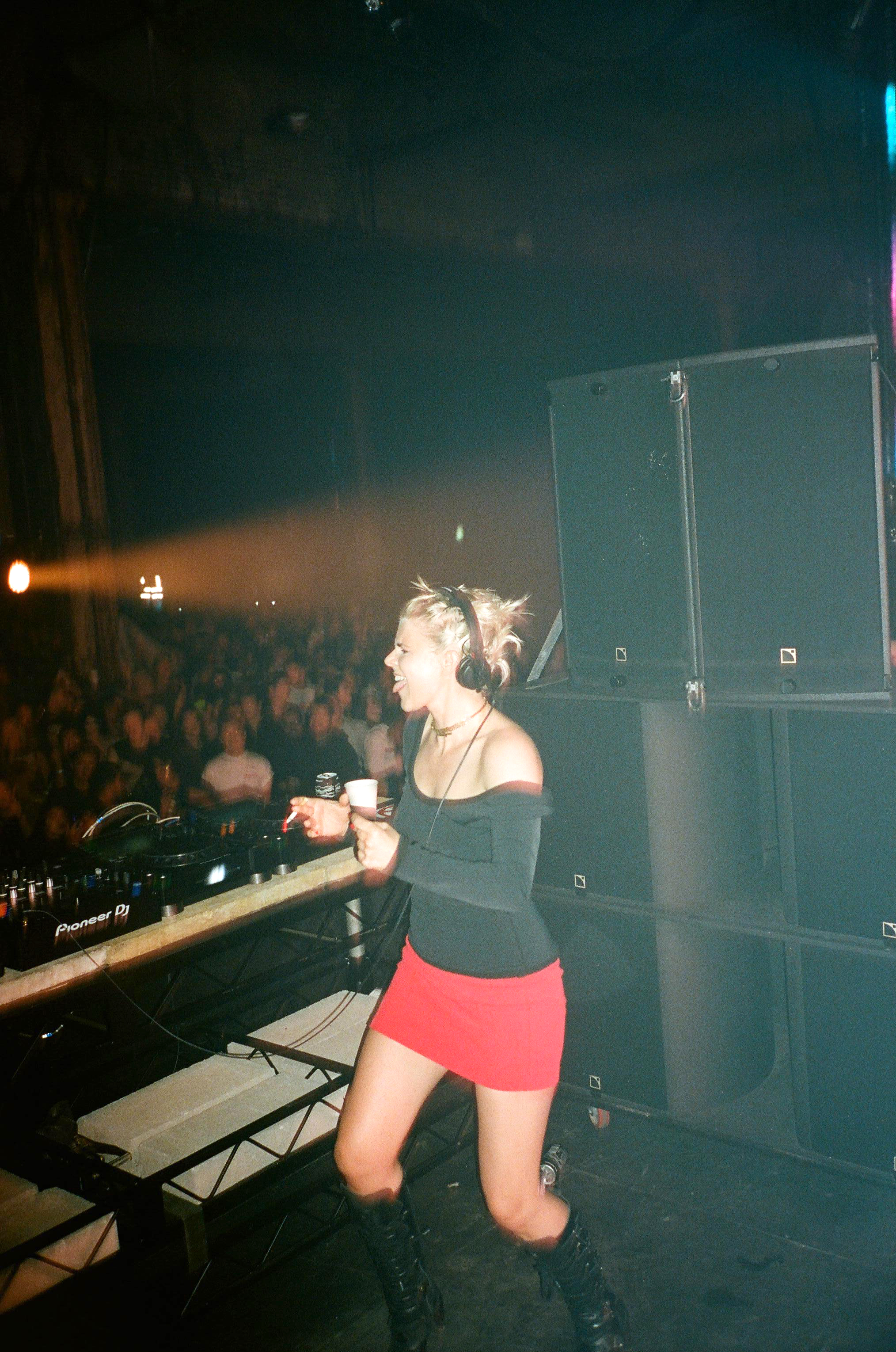
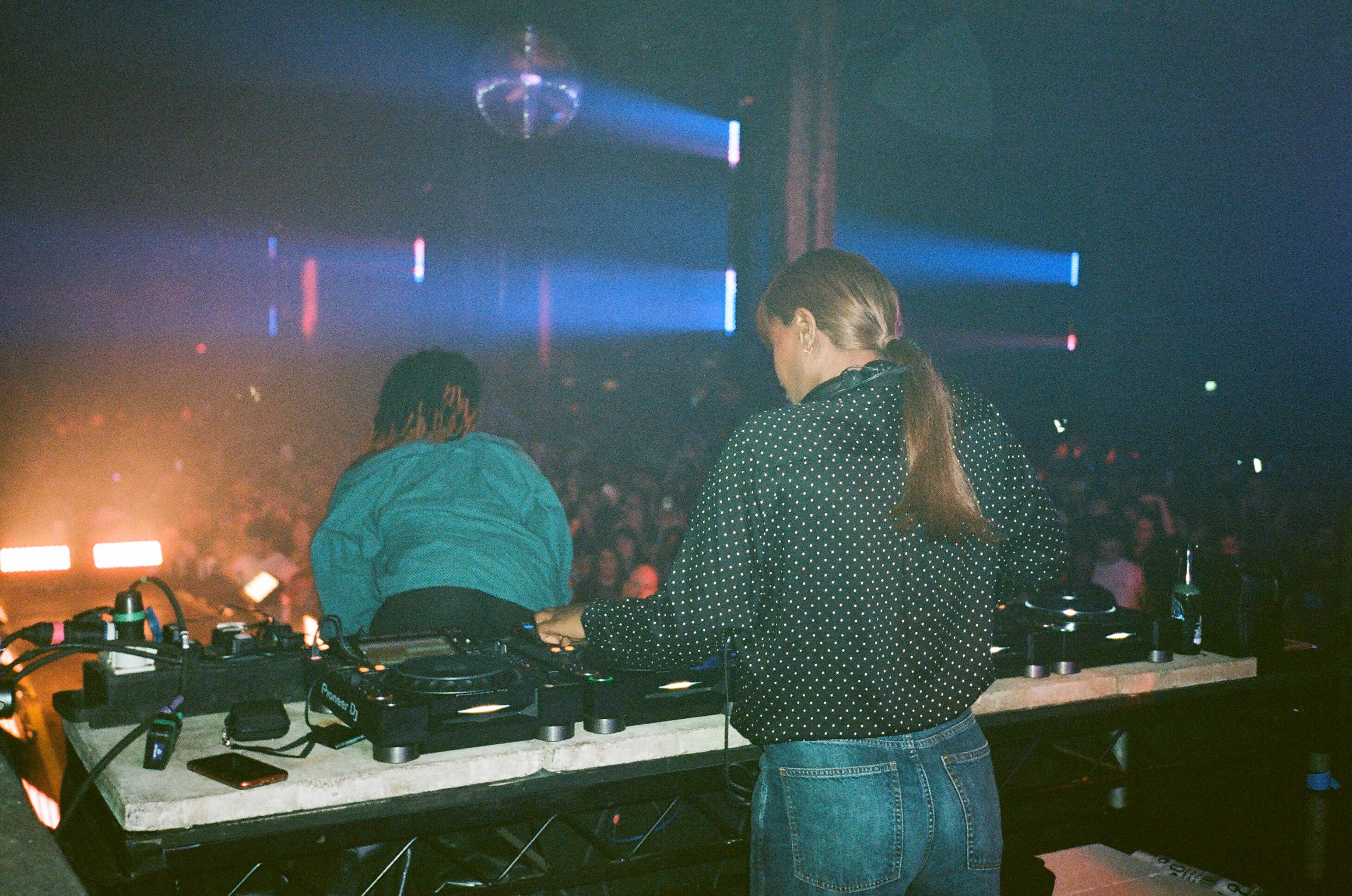
We don’t need to make an appeal for the validity of clubbing based on its cultural value -- the fact that it’s fun, that it continues to be important for so many people, is enough -- but it’s worth saying that queer clubbing has always pushed culture forward. The history of fashion and music over the last 30 years would look very different without queer nightlife. If you’re LGBT+, there’s also undeniably a level of comfort in being in a space where you know that you can kiss whoever or dance as flamboyantly you want, without some dickhead sarcastically whooping -- or worse. The idea that we don’t need queer nightlife anymore is optimistic to the point of delusion.
“As well as being hotspots for innovation, queer clubbing spaces have always been inherently political spaces,” Antoin says. “We’re in the most uncertain political times in generations and it’s essential that the hard-fought rights for queer people that we’ve achieved here are kept, but also extended to those who live in the 71 countries where homosexual sex is still illegal. Maintaining visibility is vital and queer nightlife is just one way we express ourselves to the world and making them aware of our presence.”
It’s important to acknowledge that, despite the depressing statistics first mentioned, the UK’s queer nightlife is morphing in new and interesting ways -- at a difficult time for queer people, let’s take our victories where we can. But we shouldn’t fall into the trap of complacency or triumphalism. This is particularly true in London, where just this week we’ve seen Fold, a club which has hosted queer nights, have its license revoked. Manchester, a city in the midst of a building boom, is becoming increasingly affected by the same issues of gentrification that have plagued London for decades. The future of queer nightlife is by no means certain; after all, there’s no point having all these incredible nights if there are no venues left to host them.
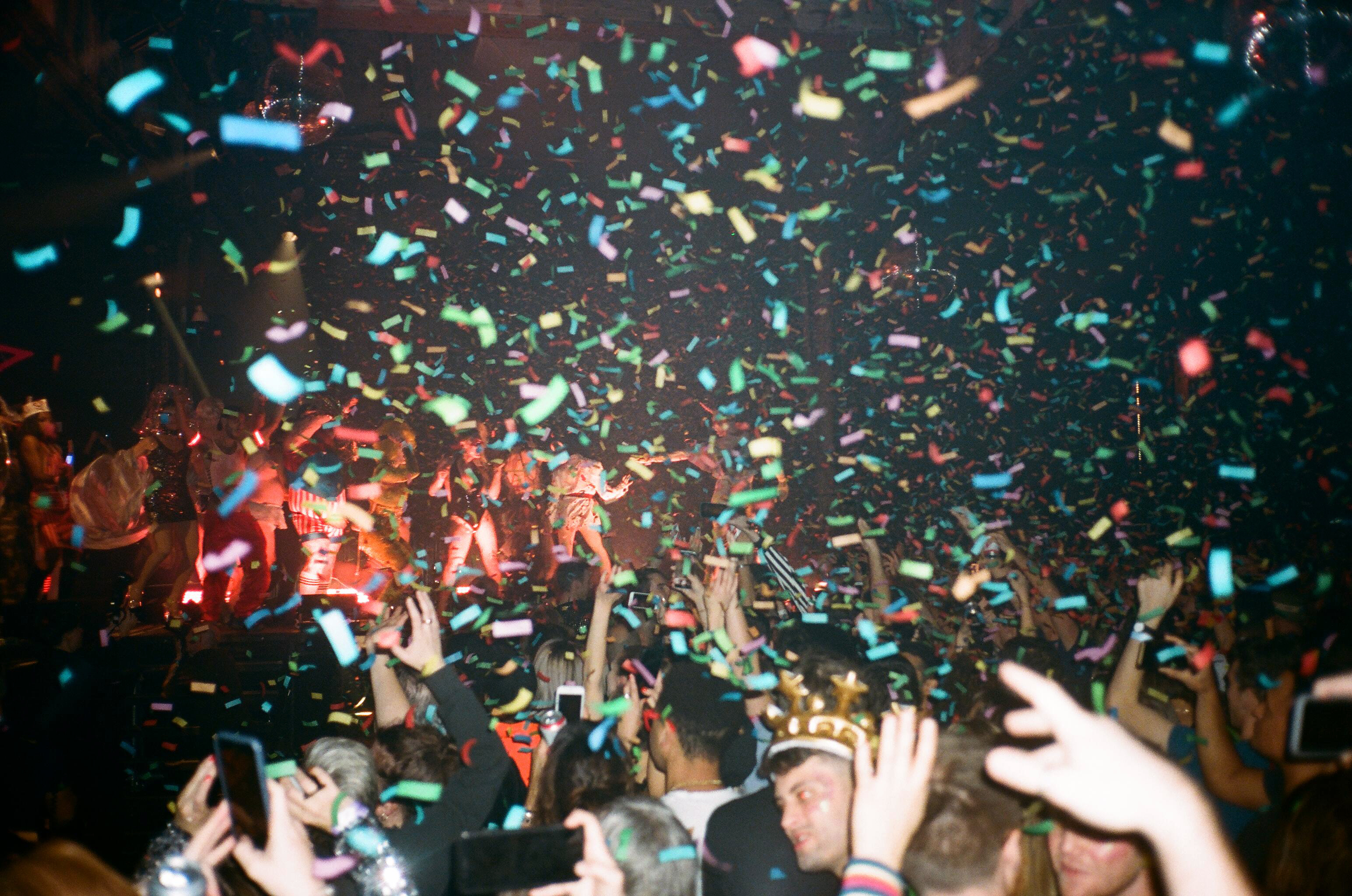
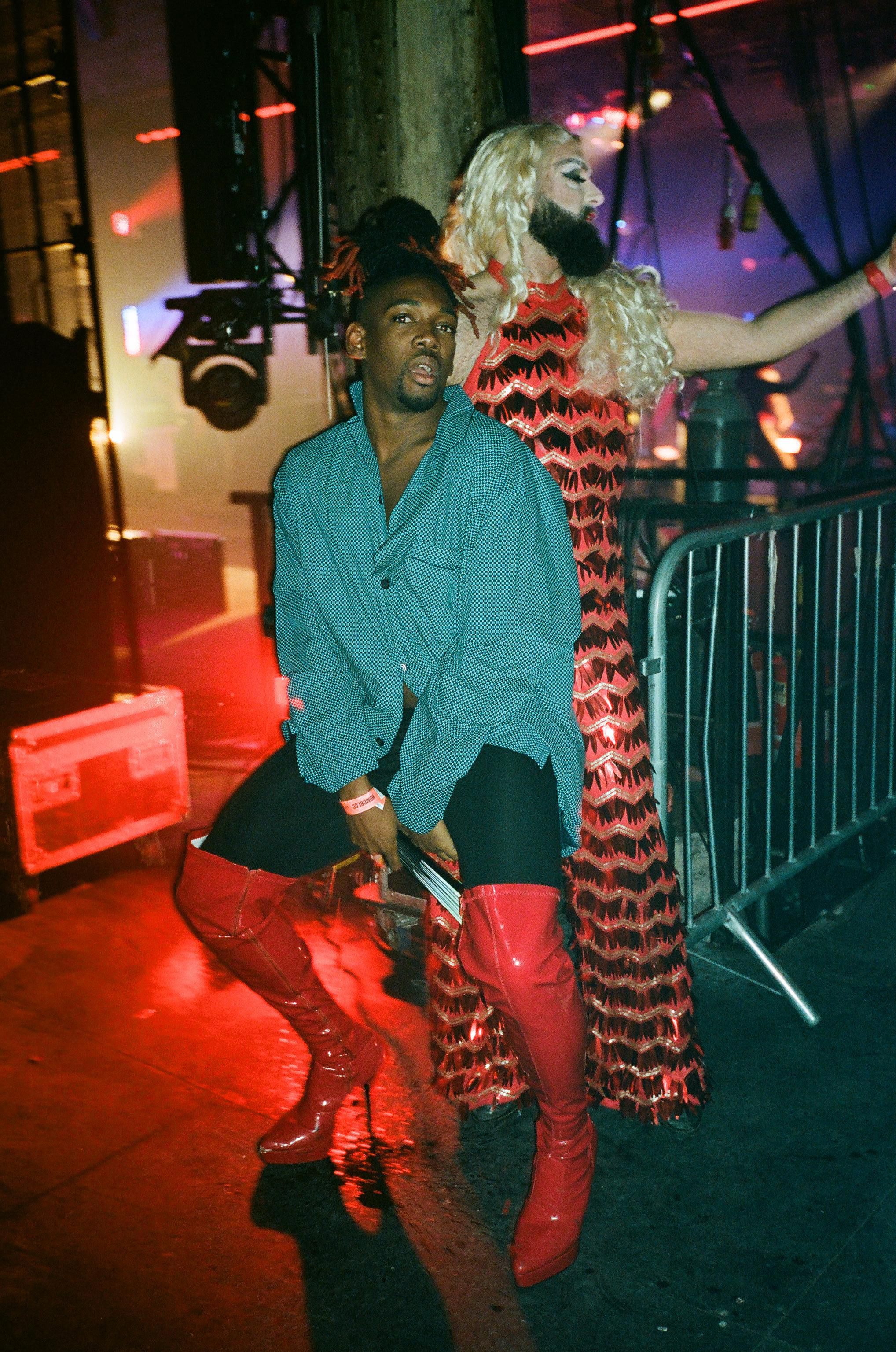
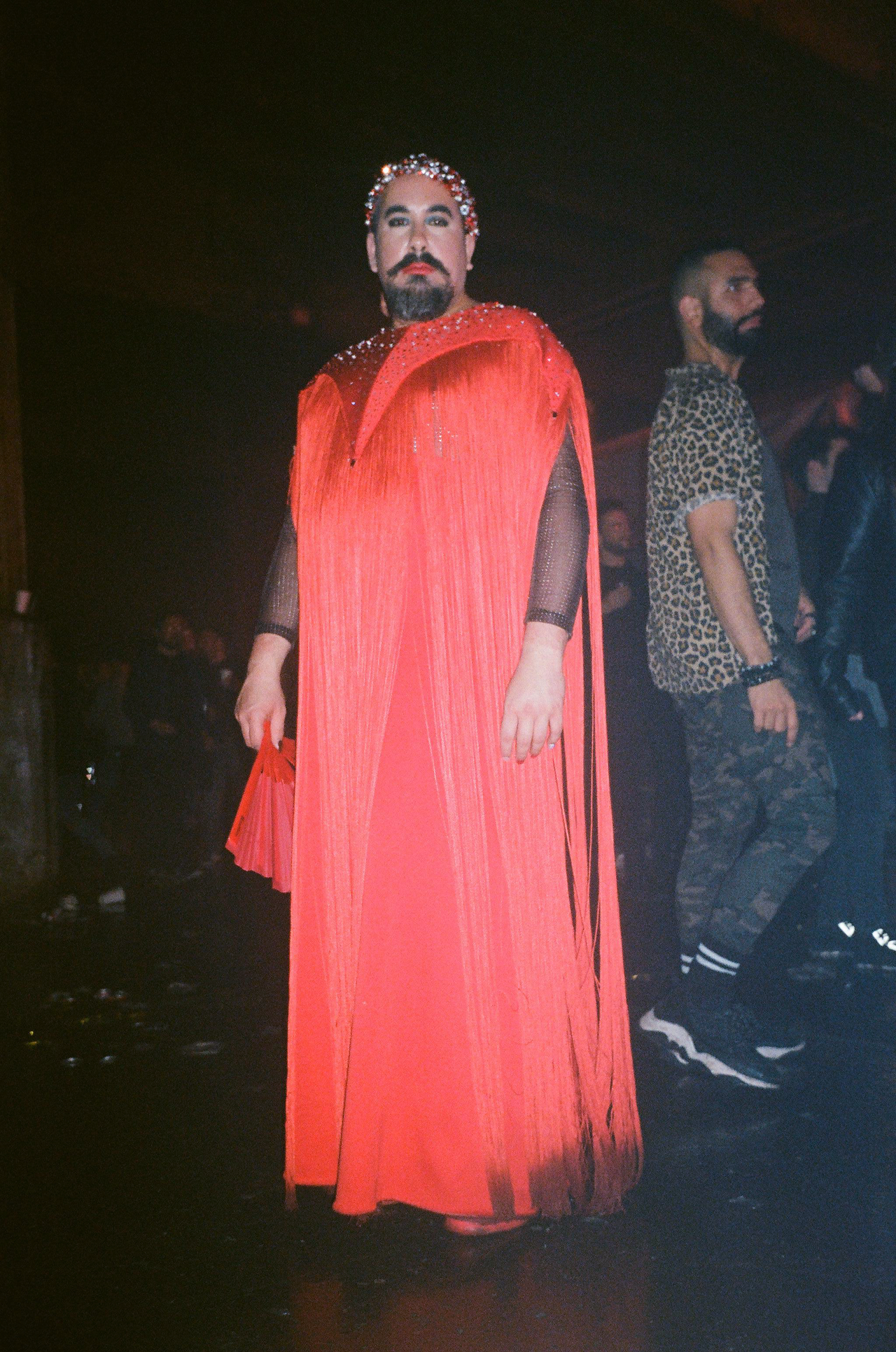
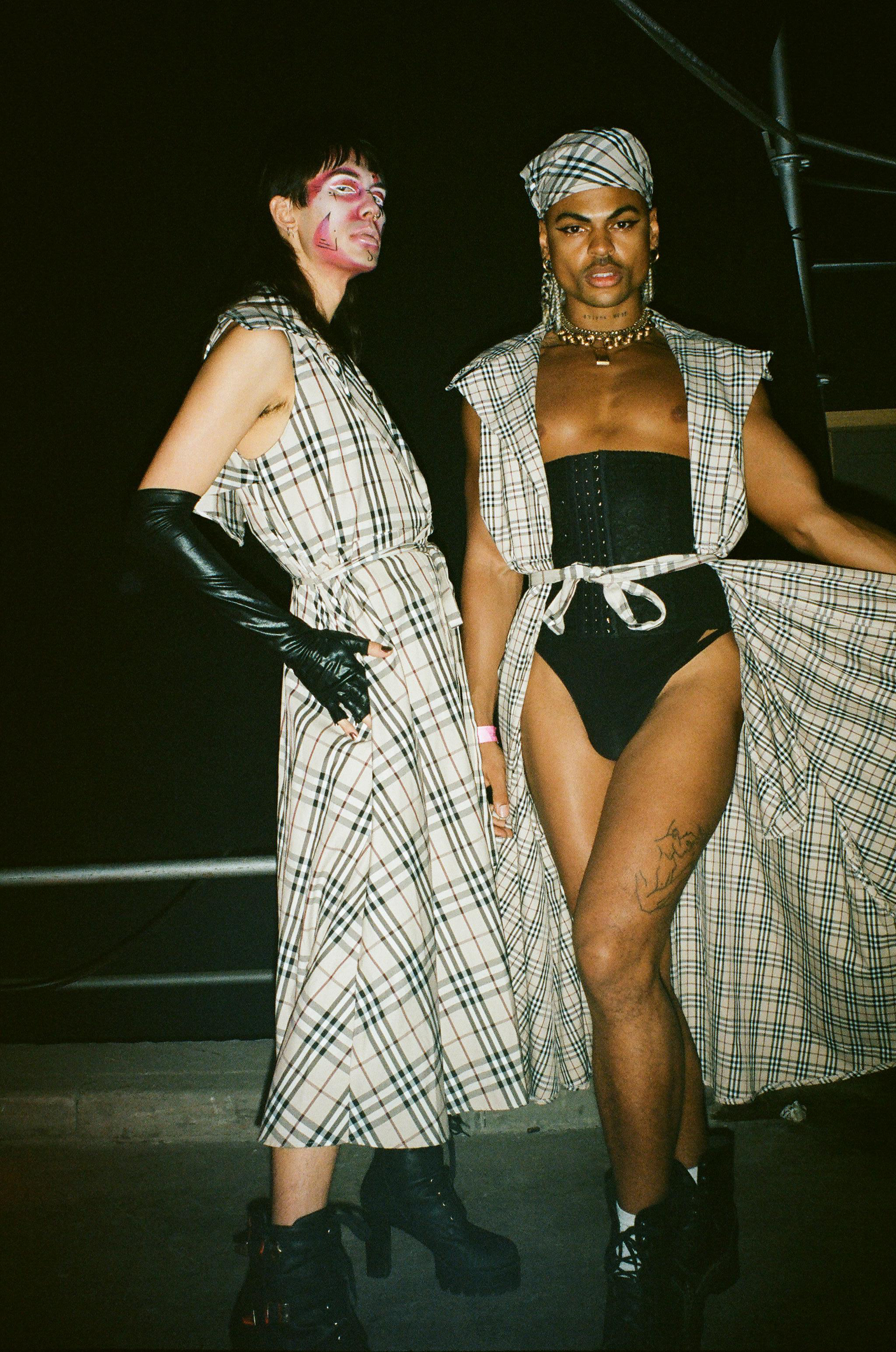
Of course in reality, the opposite is true. Queer venues in London have been ravaged by rising rents and residential complaints enabled by greedy property developers; in 2017, it was reported that more than half of the city’s gay nightlife venues had been closed over the course of a decade, and other key clubs like HER Upstairs have since been forced to close. As for the rest of the country, other major cities may have famed gay quarters (Manchester and Birmingham, in particular, are hailed as queer nightlife hubs) but working-class communities in rural towns and villages are still desperately lacking queer spaces to call their own.
“Having grown up in Lincolnshire and then studied in Cornwall, I can say with some confidence that rural areas do not cater for gay nightlife,” photographer Connor Young tells me via email. “When I searched for ‘gay club Grimsby’ to see what exists now, the second top result was a website for cruising locations. Even that lists a club, Secrets, under its pre-2008 location, so that gives you an idea of how old the website is!” Like many other gay clubs across the country, Secrets is now closed.
"This idea that gay bars are still ‘trendy’ persists to this day, although that’s large because the venues which don’t fit that stereotype are quickly priced out. What we’re left with is a handful of gay clubs that rely on high prices."
As these venues in small cities continue to disappear, queer creatives are pooling their resources to build innovative DIY spaces on a shoestring budget. “Every northern city I’ve visited has these flourishing pockets of queer nightlife,” says drag and performance artist China. “These spaces are not the chrome-filled, trendy iterations of gay bars we see on TV series; they are cheap, grassroots endeavors that exist to meet the needs of LGBTQ communities in their respective towns and cities, and they’re usually in dive bars or cheap units – which is fab!”
So where does this idea that gay bars are trendy red flags for gentrification come from? “I think that idea comes primarily from the notion that gay men have refined, expensive taste, and that we’re all like Anthony from Sex and the City,” says Connor. This stereotype was consolidated during the gay marketing boom of the early 1990s, best exemplified by shows like Sex and the City, Will, and Grace and the original Queer Eye, which created a cast of gay fairy godmothers ready to rescue hapless straight men from their style crises. AIDS hysteria was slowly fading, making room for the idea that palatable gay men -- namely those who were white, cisgender, attractive and wealthy -- could be a handy marketing tool for brands looking for a new demographic to target. In the words of PR powerhouse Samantha Jones: “First come to the gays, then the girls, then the industry.”
This idea that gay bars are still ‘trendy’ persists to this day, although that’s large because the venues which don’t fit that stereotype are quickly priced out. What we’re left with is a handful of gay clubs that rely on high prices, a slick aesthetic and a strong reputation to survive in today’s cultural climate -- and even those are usually concentrated in notoriously expensive cities that working-class queer people can’t afford to move to. “[We] often have to commute in order to have access to gay bars, which is inconvenient in itself,” explains China. “It means that safe spaces aren’t readily accessible, and it leads to this perceived lack of queer people in rural spaces.” Stereotypes like the ‘trendy gay bar’ further this idea that we only exist in expensive cities, but they’re obscuring the real problem: only those that can afford to move to wealthy cities are rendered visible.
"An Albert Square gay bar could represent a chance to properly reflect the lives of working-class queer people and move away from the cosmopolitan stereotype that’s dominated media for the last few decades."
As for queer venues in smaller towns and cities, Connor explains that they’re faced with a dilemma: make your venue ‘too gay’ and you risk alienating locals; if it isn’t ‘gay enough’, it isn’t properly serving the people it was built to house. “Gay bars in London will turn away groups of rowdy girls or lads on a night out to protect their customers,” says Connor, “but going out in Grimsby when I was younger was different. Anyone was allowed in. I’m not sure if that was due to fear of seeming ‘too gay’ or due to fear of repercussion, but either way, the atmosphere was uncomfortable. It never felt like a safe space -- it was often just as likely to filled with drunk homophobes as anywhere else.”
If anything, an Albert Square gay bar could represent a chance to properly reflect the lives of working-class queer people and move away from the cosmopolitan stereotype that’s dominated media for the last few decades. “Media depictions of queer pain and violence are constantly represented within the context of working-class environments,” notes China. “They’re treated as the enemy of progress, and the general idea is that queer success stories have to be linked to social mobility -- it has to be about escaping to the city, obtaining wealth and status and thriving in a modern, cosmopolitan landscape where bigotry does not exist.” This narrative might be aspirational, but it’s not reflective of the queer people that can’t afford to travel to the few LGBTQ venues left across the country, nor should it be. We shouldn’t have to escape or run away in order to find venues that embrace us; instead, the media should find a way to represent the actual communities coming together to build their own spaces.
Obviously, soap operas aren’t known for their entirely realistic storylines; they’re high-drama interpretations of real-life which blend mundanity with slapstick comedy and am-dram monologues to stunning effect. But, as Eastenders itself proved three decades ago, their fictional representation can beckon wider change on the screen. These discussions are clearly needed; the implication that gay bars are a cause rather than a victim of gentrification proves there are still myths to be dispelled.
Comments